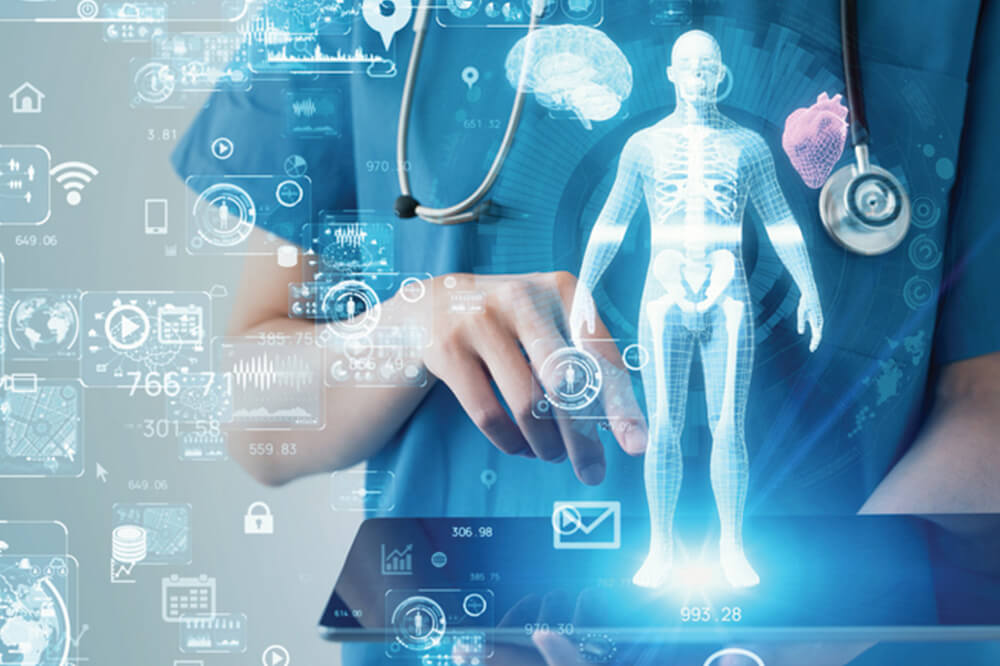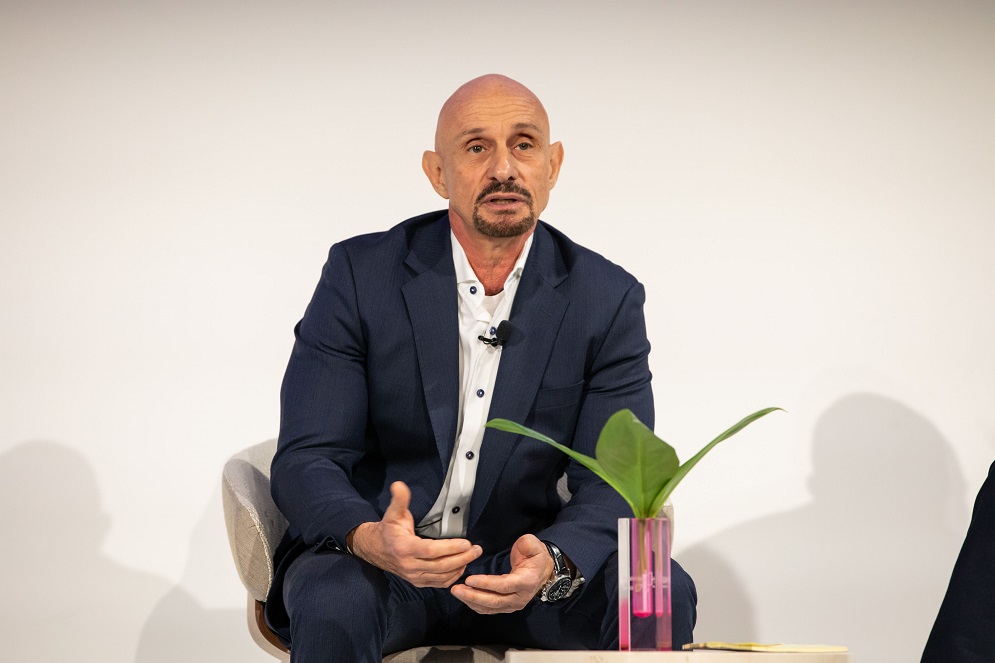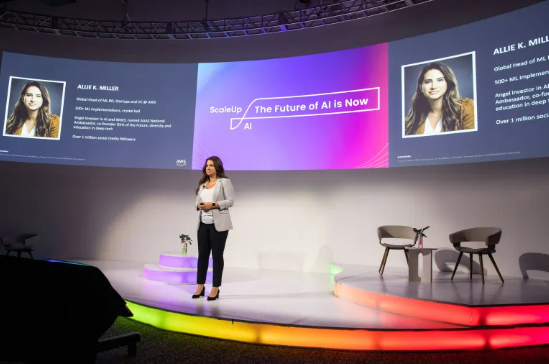Google Health has introduced new research projects that use artificial intelligence (AI) to turn smartphones into stethoscopes and screening tools.
At its Google Health ‘The Check Up’ event last week, the company shared new areas of AI-related research and development to help equip clinicians with “easy-to-use tools to help them better care for patients”. The company has previously shared how mobile sensors combined with machine learning can democratize health metrics and give people insights into daily health and wellness.
“Accessing the right healthcare can be challenging depending on where people live and whether local caregivers have specialized equipment or training for tasks like disease screening,” said Greg Corrado, Head of Health AI at Google, in a blog post.
“To help, Google Health has expanded its research and applications to focus on improving the care clinicians provide and allow care to happen outside hospitals and doctor’s offices.”
Screening with Smartphone Cameras:
- ARDA is one of the company’s earliest Health AI projects. It aims to help address screenings for diabetic retinopathy, which can cause blindness if undiagnosed and untreated.
- 10,000 patients have been screened to date and a prospective study with Thailand’s national screening program has recently been completed that shows ARDA is accurate and capable of wider deployment “across multiple regions to support more accessible eye screenings”.
- Photos of the exterior of the eye can also reveal cardiovascular risk factors, such as high blood sugar and cholesterol levels, with the assistance from deep learning.
- As a result of early promising results, Google Health is conducting clinical research and development with partners, including EyePACS and Chang Gung Memorial Hospital (CGMH), to investigate if photos from smartphone cameras can help detect diabetes and non-diabetes diseases from external eye photos as well.
- The company’s engineers and scientists envision a future where people, with the help of their doctors, can better understand and make decisions about health conditions from their own homes.
Recording and Translating Heart Sounds:
- A feature that allows people to measure their heart rate and respiratory rate with their own phone’s camera is now available on over 100 models of Android devices, as well as iOS devices.
- A smartphone’s built-in microphones could record heart sounds when placed over the chest. Listening to someone’s heart and lungs with a stethoscope, known as auscultation, is a critical part of a physical exam. It can help clinicians detect heart valve disorders, such as aortic stenosis which is important to detect early.
- Screening for aortic stenosis typically requires specialized equipment, like a stethoscope or an ultrasound, and an in-person assessment.
- Google Health is in the early stages of clinical study testing to see if smartphones can detect heartbeats and murmurs. It hopes its work can empower people to use their smartphone as an additional tool for accessible health evaluation.
AI in Maternal Health:
- Partnered with Northwestern Medicine to further develop and test how AI can improve maternal health and identify issues early in pregnancy
- More than half of all birthing parents in low-to-middle-income countries don’t receive ultrasounds, in part due to a shortage of expertise in reading ultrasounds.
- Google believes its expertise in machine learning can help solve this and allow for healthier pregnancies and better outcomes for parents and babies.
- It is working on foundational, open-access research studies that validate the use of AI to help providers conduct ultrasounds and perform assessments.
- With more automated and accurate evaluations of maternal and fetal health risks, Google Health hopes to lower barriers and help people get timely care in the right settings.


